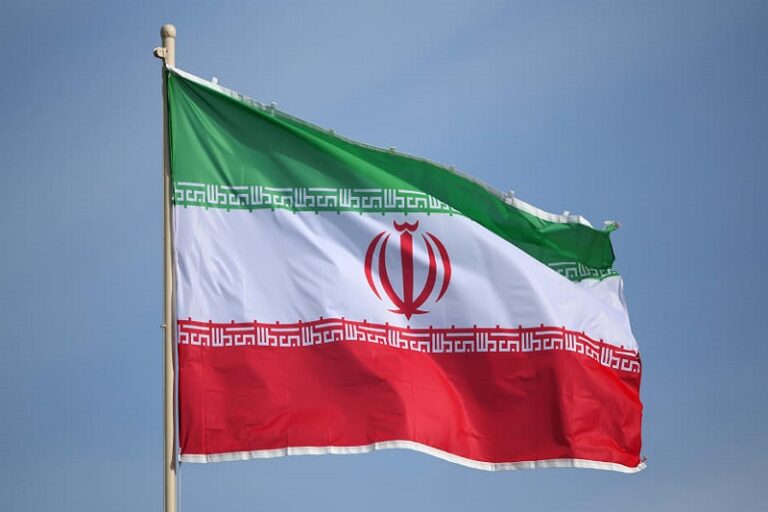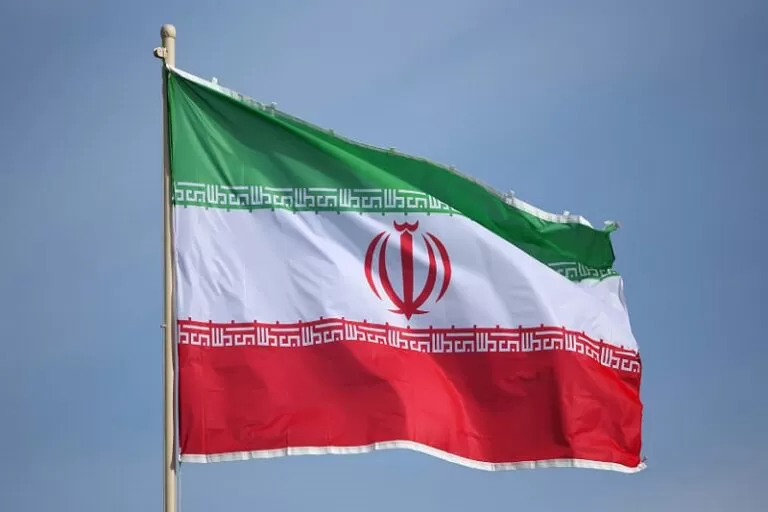

the deteriorating economic conditions in iran and the lack of government intervention to support iranians
Over the past few years, the Iranian economy has seen anaemic growth and a high unemployment rate. Dozens of protests have been held across Iran in recent months over deteriorating living conditions and the interference of cleric leaders, who impose their reactionary lifestyle on others.
The country has suffered because of the dire economic conditions. In August, hundreds of people protested water shortages in the central Iranian province of Chaharmahal and Bakhtiari. According to citizens, the government does not intervene to help Iranians amid the economic crisis.
Iran’s economic crisis has also driven thousands of Iranians away from their country in search of opportunities elsewhere. The country has been affected by grinding sanctions and deep-seated corruption.
Iranians are also no strangers to political rebellion and defiance. In Iran, the President, Parliament (Majles) and the Assembly of Experts are directly elected. The Supreme Leader, the Guardian Council and the Expediency Council are appointed by the clergy. Unlike the President, the Supreme Leader of Iran doesn’t have any fixed term. Since the 1979 revolution, the Islamic Republic of Iran has had only two Supreme Leaders — Khomeini (who died in 1989) and Khamenei.
The economic crisis in Iran remains heavily connected to its enmity with the United States. The Covid-19 pandemic also deteriorated Iran’s already ailing economy.
After the United States’ 2018 withdrawal from the Joint Comprehensive Plan of Action (JCPOA), the economy of Iran remains affected. The enormous depreciation of the rial against other currencies over the past few years also shows the deterioration of Iran’s terms of trade. Iran’s exchange rate has been depreciating with strong volatility over the past few years.
Iran has also lost a great deal in export revenues due to the secondary U.S. sanctions re-imposed in 2018 by the former President of the US.
Iranians are suffering from a unique constellation of harsh U.S.-led sanctions, government economic mismanagement, drought, and a regime that is widely seen not as a problem-solver. Iran’s parliament has also been criticized for ignoring the multiple crises and instead focusing on religious issues and dress codes for women.
South African Bank fined R700,000 after determining the institution misrepresented a credit product as an investment opportunity. Following its December…
EA Sports shows that Toronto Maple Leafs will stop their 58-year title wait by beating the Colorado Avalanche in seven…
Pope Francis, the first Latin American pope of the Roman Catholic Church, passed away in the morning of his 88th…
You want to pick a good film for weekend relaxation? Netflix South Africa provides customers with a wide range of…
The 2025 edition of AFCON will be hosted by Morocco which serves both the high-level competition and as a catalyst…
The Christian community marks Good Friday as its deepest holiday to remember when Jesus died at Calvary. The Christian community…
This website uses cookies.